Child participation
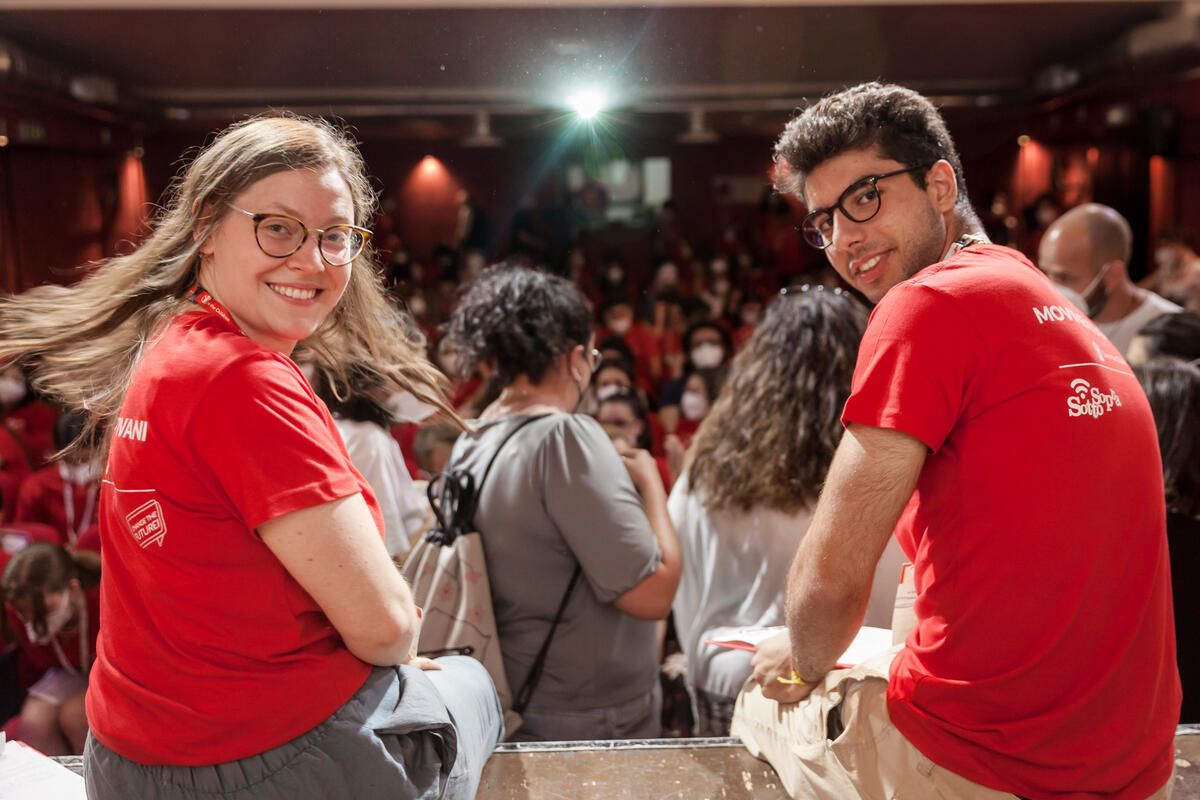
Children’s right to participate in decision-making that affects their lives is a topic that has rightfully gained prominence in the last few years. In 2021, child participation was included in the EU Strategy on the Rights of the Child as one of the European Commission’s six focus pillars. The Strategy states there should be inclusive and systemic participation of children at the local, national and EU level, and the commission will foster child participation by establishing and developing the EU Children’s Participation Platform; by encouraging the involvement of Pact Ambassadors when it comes to the European Climate Pact; and by developing child-friendly versions of key EU instruments.
The EU Children’s Participation Platform began its activity this year, gathering members across Europe from different entities and organisations working with children. The Children’s Panel has been set up and the first General Assembly brought together children, teens and adults from across Europe to implement the Platform's first consultation on integrated child protection systems.
Save the Children has been a long-standing promoter of meaningful child participation. The Nine Basic Requirements for Meaningful and Ethical Child Participation developed by Save the Children is a key tool, used worldwide. Its aim is to ensure quality child participation through being transparent and informative, voluntary, respectful, relevant, child-friendly, inclusive, supported by training, safe and sensitive to risk, and accountable. These are the principles that guide all our participatory work.
Advocacy
...by Save the Children EUROPE
In 2023, we worked together with SOS Children’s Villages, ICF and a consortium of child rights experts on the EU Children’s Participation Platform’s activities. Colleagues in Denmark, Italy, Lithuania, the Netherlands, Romania, Sweden and Spain have been involved with platform activities, while Save the Children Europe coordinated the movement's participation within the platform. We continue to advocate on the importance of child participation at all levels.
Work to build a European Child Advisory Board within Save the Children started this year with an invitation for children to express their opinion and interest. The group expressed interest in European-level involvement and shared initial remarks on the advantages and possible challenges of such an endeavor. Work to establish this will continue in 2024.
Inequality in child participation is affected by child poverty, which is why the work on the European Child Guarantee needs to be strengthened. This year we initiated talks with the Generation Hope Campaign on thematic participation, for example on climate, with the aim that, in 2024, children’s voices are amplified.
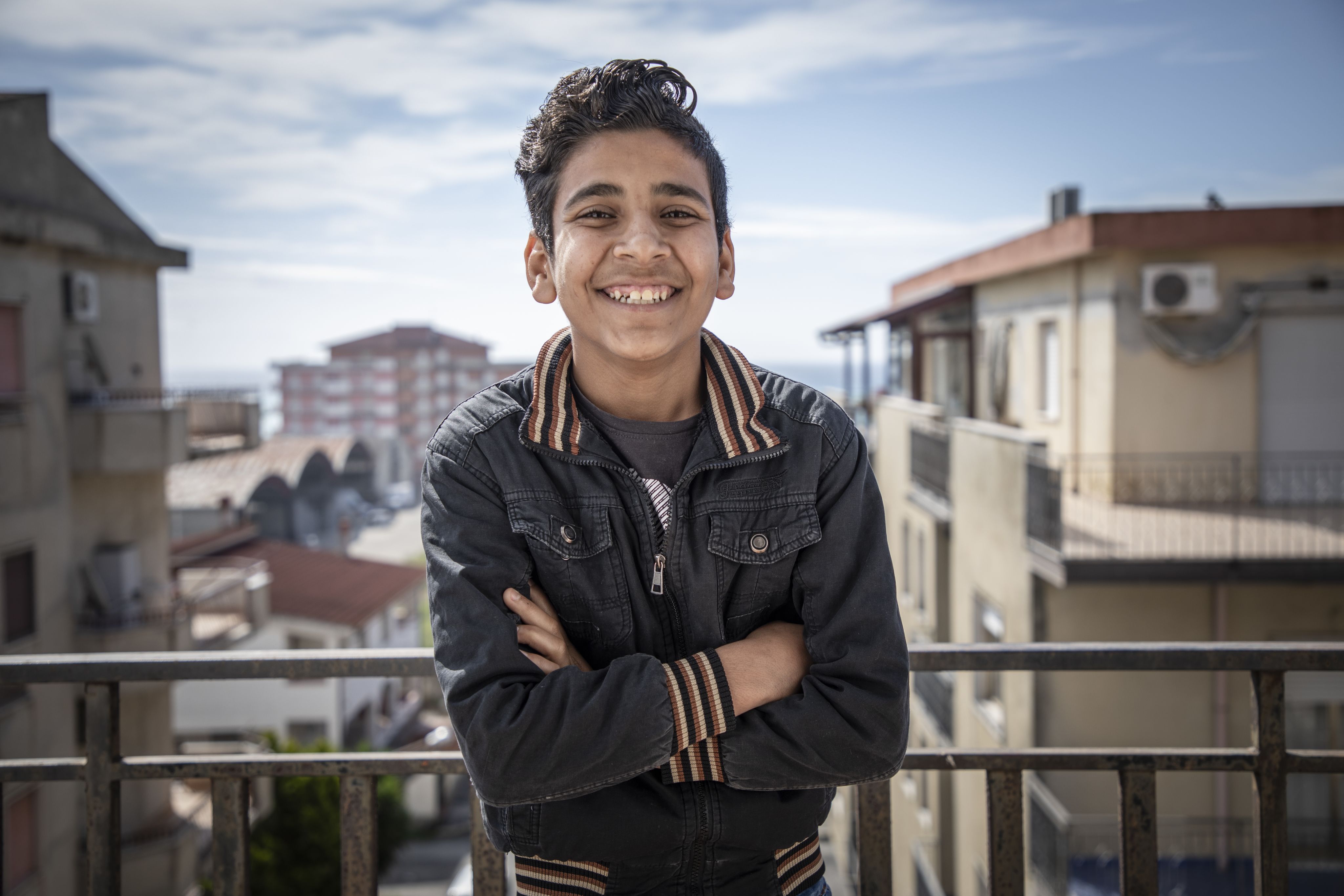
...and country by country
ALBANIA
Power4AY runs youth-led community centres in 3 regions, which engage with local mayors and develop activity plans around empowerment, employability and demanding a better, safer environment for young people in Albania.
Having submitted an alternative report to the UNCRC mechanism in late 2022, Child-Led Group Voice 16+ this year followed up on climate and environment issues they raised, including waste management, air pollution, and environmental protection awareness. The group joined Albania National Parliament hearing sessions, National Council of Child Rights meetings, and other forums and venues at both national and local level.
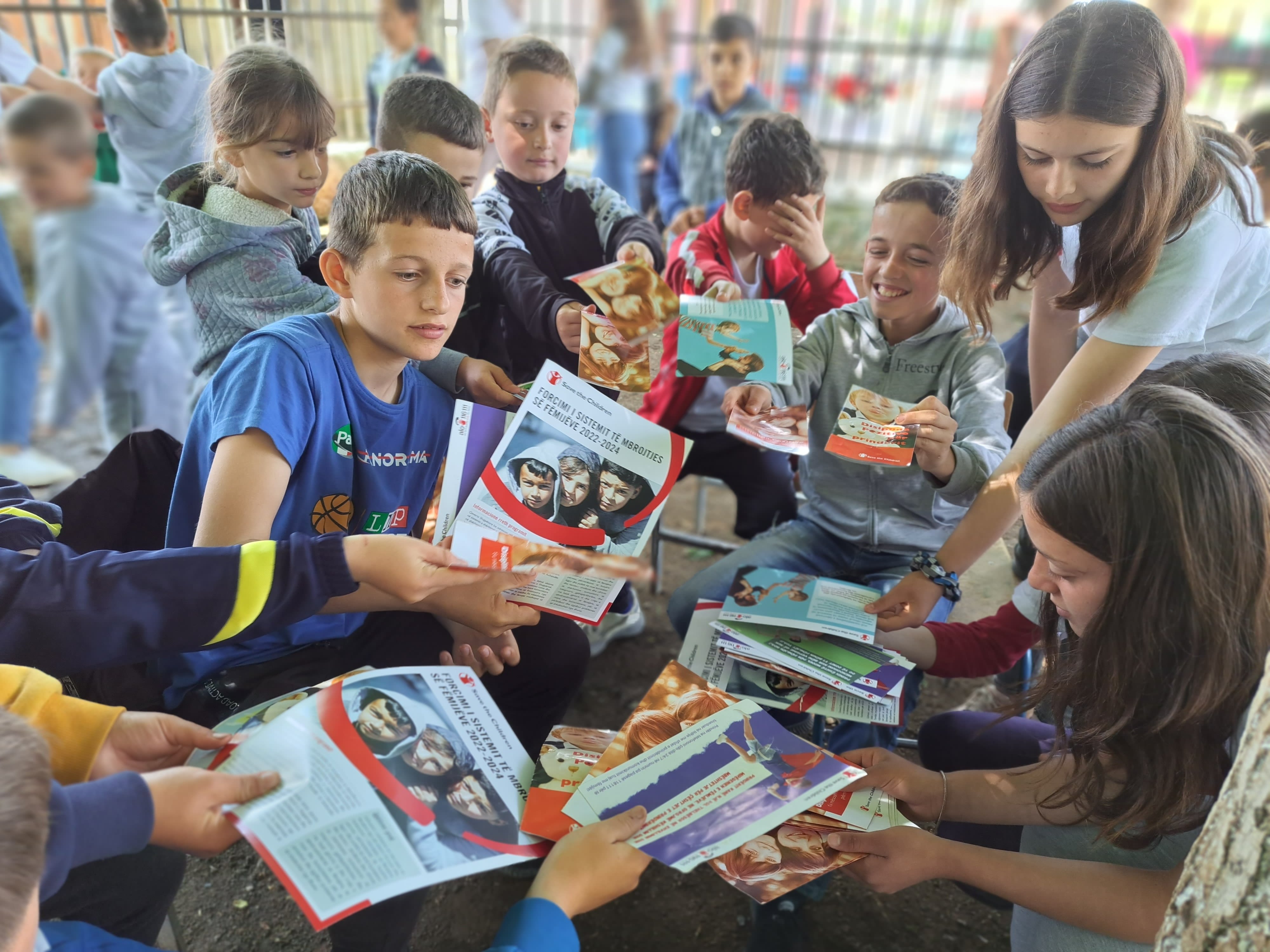
Photo: Save the Children Albania
Photo: Save the Children Albania
DENMARK
Save the Children Denmark held a conference in Danish Parliament in September on the online lives of children in vulnerable situations. Key speakers at the event included children with experience of this issue.
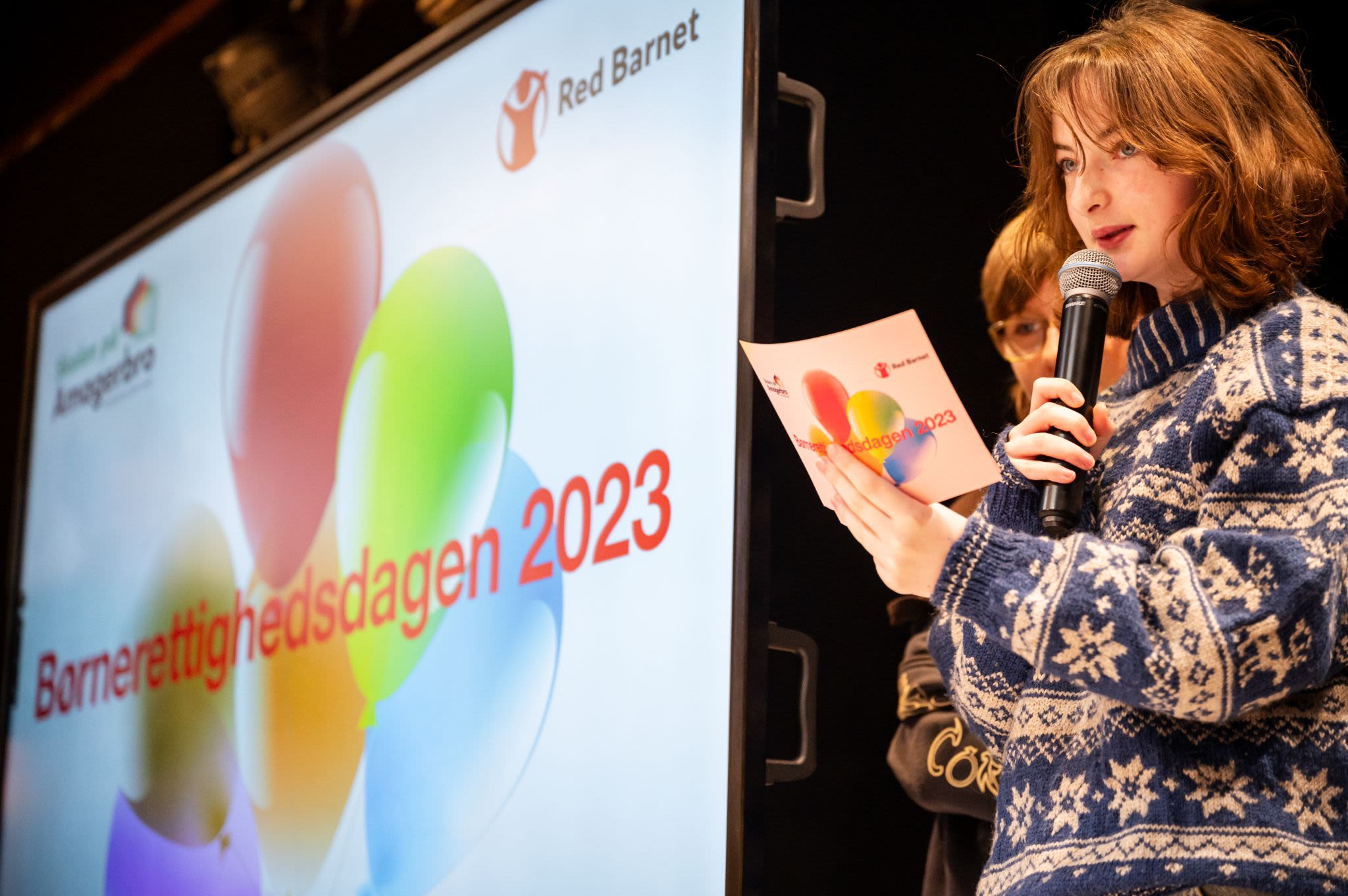
Photo: Save the Children Denmark
Photo: Save the Children Denmark
ITALY
In February, the national Hai ever done it Save the Children Youth Movement campaign took place, raising awareness of online teen dating violence. The campaign, promoted and conceived by children, involved a national consultation (of around 1,000 peers), a month of awareness-raising activities in schools (reaching about 3,000 students) and more than 200 events in 15 cities.
The Youth Movement also participated in the Children’s Panel for the co-design of the EU Children's Participation Platform and in the General Assembly organised by the European Commission in Brussels in June, as well as co-planning tables for the definition of youth policies in various Italian municipalities through the year.
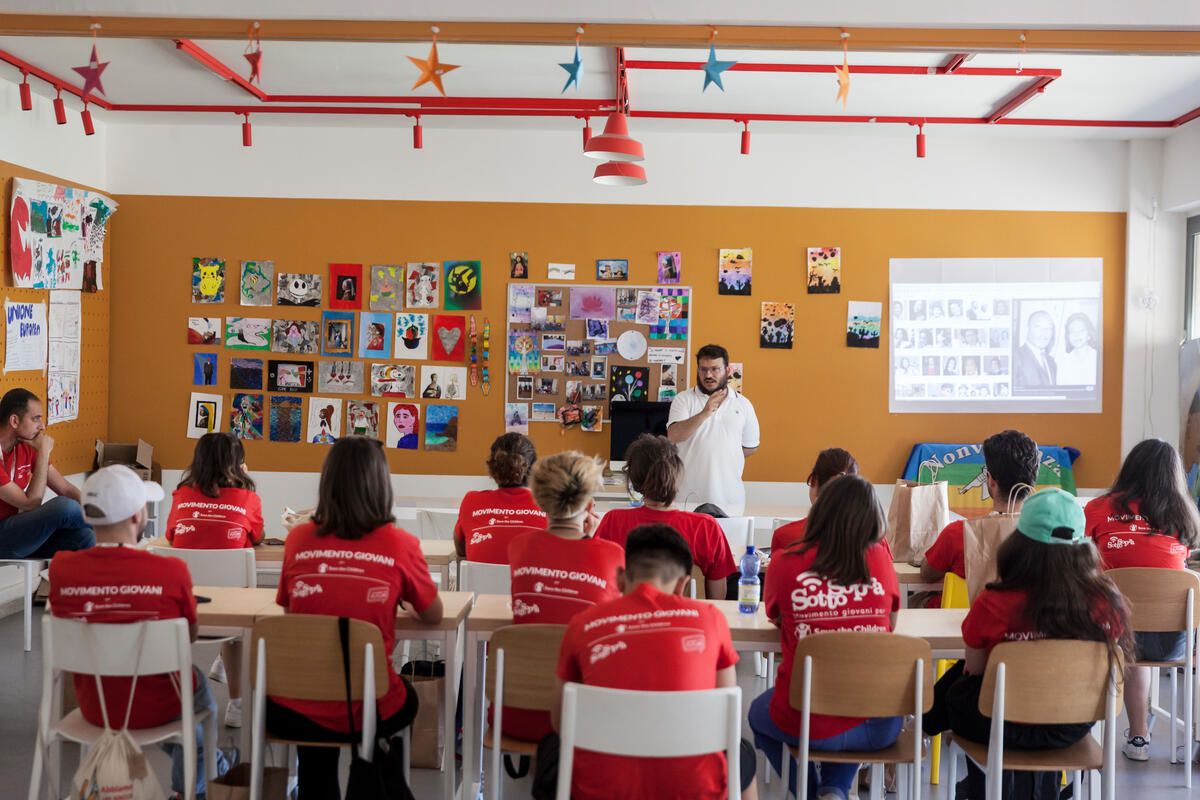
Photo: Save the Children Italy
Photo: Save the Children Italy
KOSOVO
In the second quarter of 2023, the newly established child-led group of children with disabilities Zëri Ynë, met with Parliamentary Commission on Human Rights. Four Child-Led Municipal Assemblies were also part of this periodic meeting with the Commission for the first time. These child-led groups are following up on their priority issues, including violence prevention and safe schools, through periodic meetings with the Interministerial Committee on Child rights and Ministry of Education, Science and Technology (MESTI).
In June, Save the Children Kosovo called on the Minister of Education to promote the Law on Child Protection across all schools in Kosovo. Representatives of three child-led groups, including children with disabilities and children from Serbian communities, developed a child-friendly booklet, which was launched and shared in Albanian, Serbian, Roma and Turkish, in close collaboration with Office for Good Governance and MESTI.
In August, the United Nations Committee on the Rights of the Child has published General Comment No.26 on children's rights and the environment with a special focus on climate change. Save the Children Kosovo has supporting Olt, a 17-year-old boy, to engage and provide his valuable input to this process as one of the 13 Child Advisors selected from across the world.
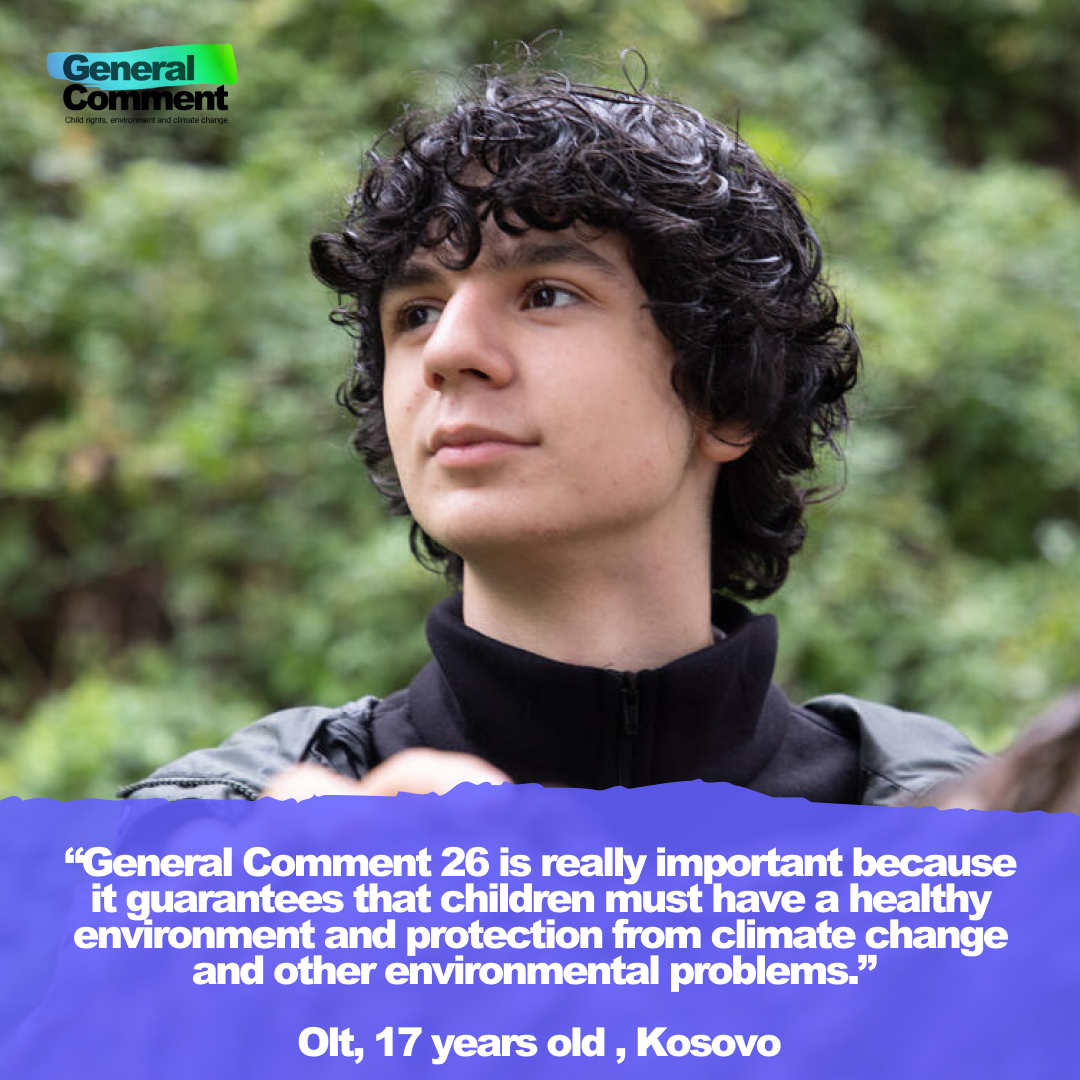
Photo: Save the Children Kosovo
Photo: Save the Children Kosovo
Save the Children Kosovo, in cooperation with Save the Children Sweden and Save the Children Europe, has supported the participation of Erisa Dervishaj, a child-human rights defender from the child-led group Respect Our Rights at the 25th EU-NGO Human Rights Forum held in Brussels during December. During her speech in the main panel of the forum, Erisa spoke about the overlooked role of children in decision-making, emphasizing their right to influence critical matters. She advocated for a more inclusive environment and better communication.
LITHUANIA
We joined with partners to help establish the EU's Children's Participation Platform this year, mapping child participation mechanisms in Lithuania and encouraging their involvement. Save the Children Lithuania organised a selection process for Lithuanian children to join EU Children's Panel, and two Lithuanian children are now serving on the panel for a two-year tenure. We joined the first consultation process within the EU Children's Participation Platform, on the safety of children. Children actively participated in the consultation activities, including online surveys, focus groups, and interviews facilitated by the Save the Children team.
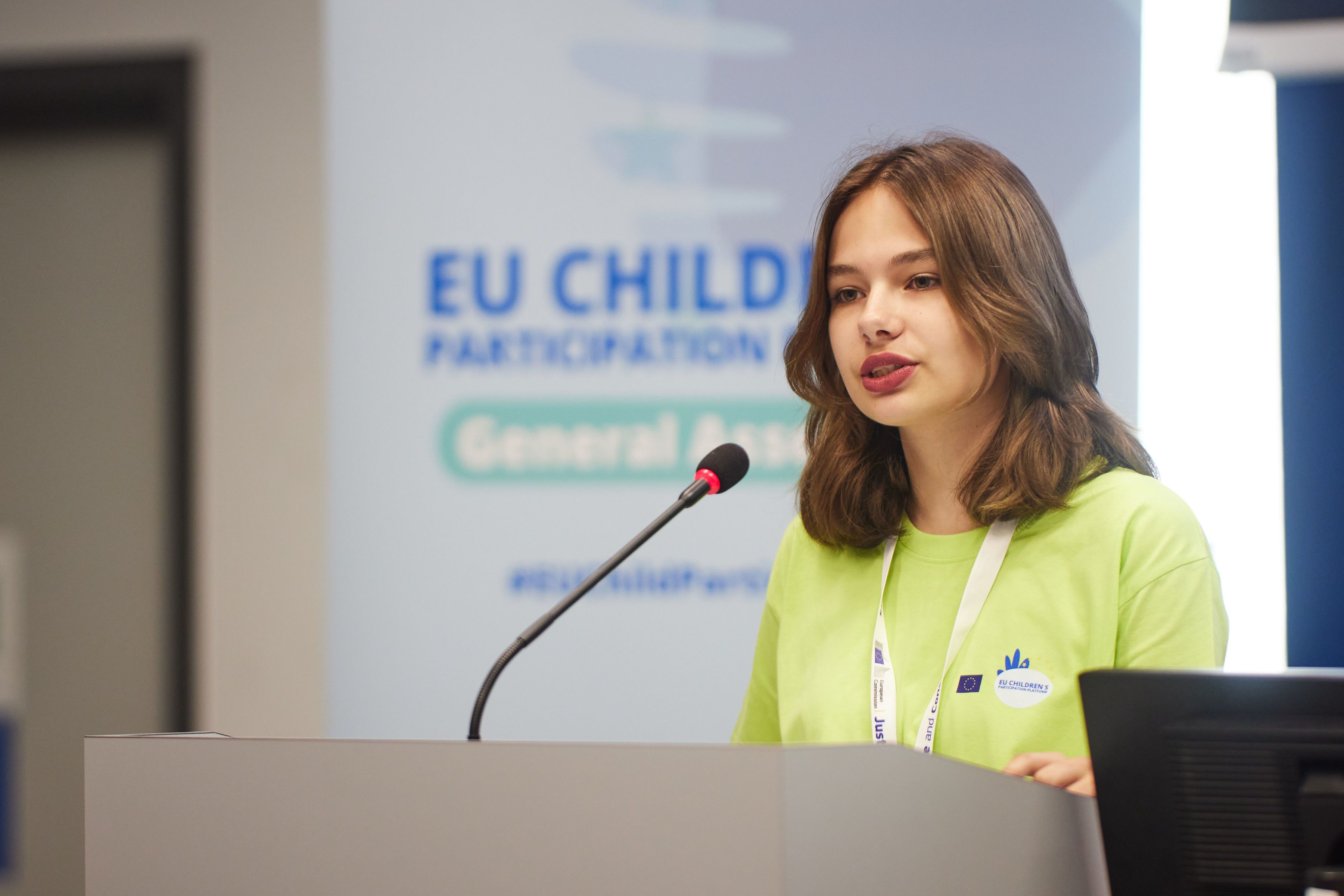
Photo: Save the Children Lithuania
Photo: Save the Children Lithuania
NORWAY
The Children’s Election is Save the Children Norway’s largest democracy project for pupils in the 5th to 10th grade. Children learn about the different political parties, political structures, democratic participation and elections. They explore their own political views and affiliation through a quiz and child-friendly version of the party programmes, and vote for the party they agree with most. More than 65,000 children voted in 2023, promoting early understanding and boosting future democratic political participation.
North-West BALKANS
Save the Children NW Balkans supported children from local schools in Bosnia and Herzegovina and Serbia to design, create, and implement their own local campaigns on quality inclusive education and climate change this year. Children implemented their campaigns in schools, targeting school management, teachers and parents.
We also supported children from 6 drop-in centres for children at risk (Roma children, children living in poverty, child victims of violence) in Bosnia and Herzegovina and Montenegro to run their own campaigns too, targeting local authorities and communities. We provided children with media and communications training and support to prepare and run their campaigns. On November 20, World Children’s Day, children presented their campaigns and advocacy asks at a regional online roundtable with decision-makers.
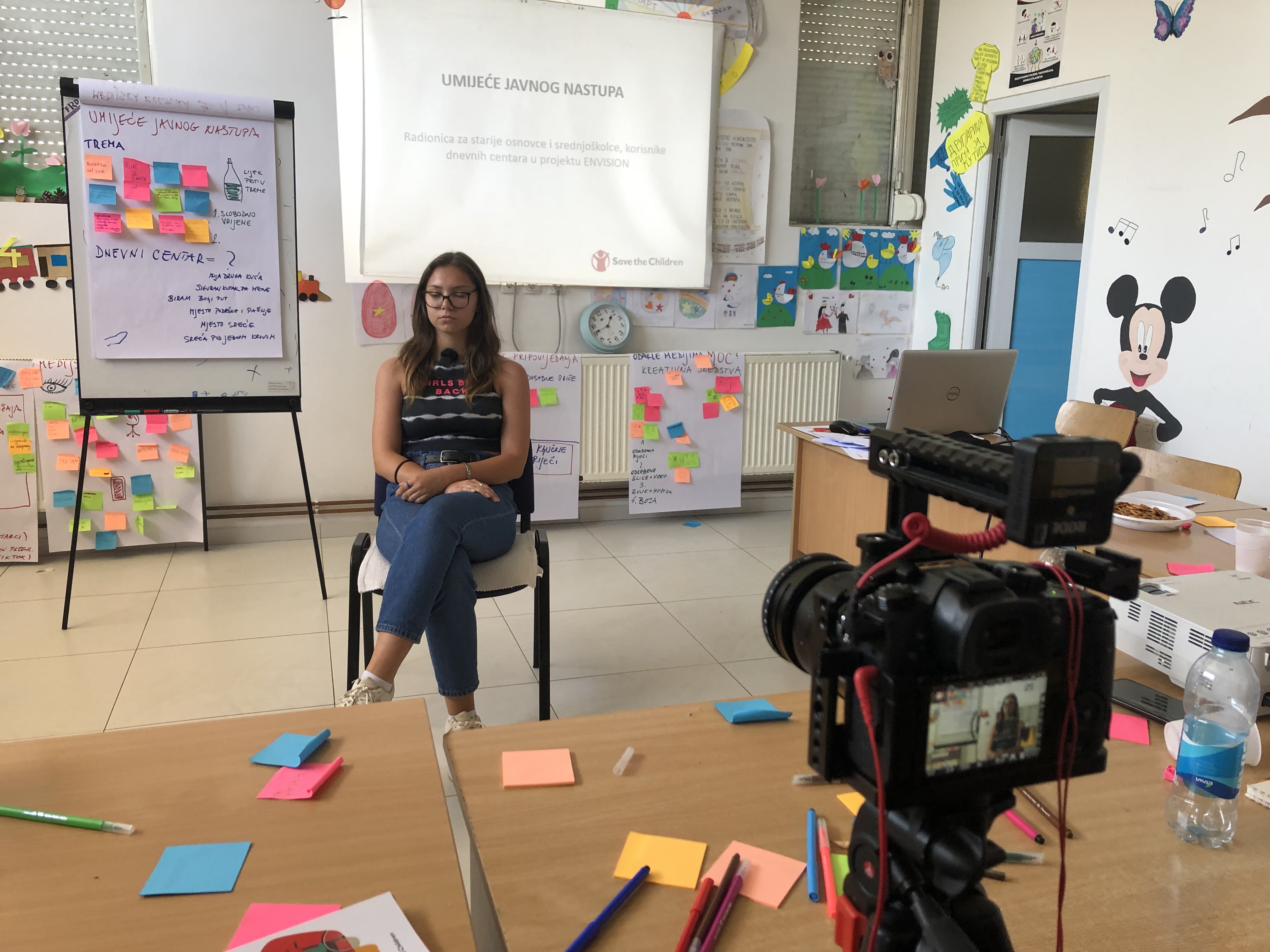
Photo: Save the Children North-West Balkans
Photo: Save the Children North-West Balkans
SPAIN
In April, Save the Children Spain organised 4 debates between children from our domestic programmes and candidates for the townhall in Madrid, Leganés, Barakaldo and Sevilla.
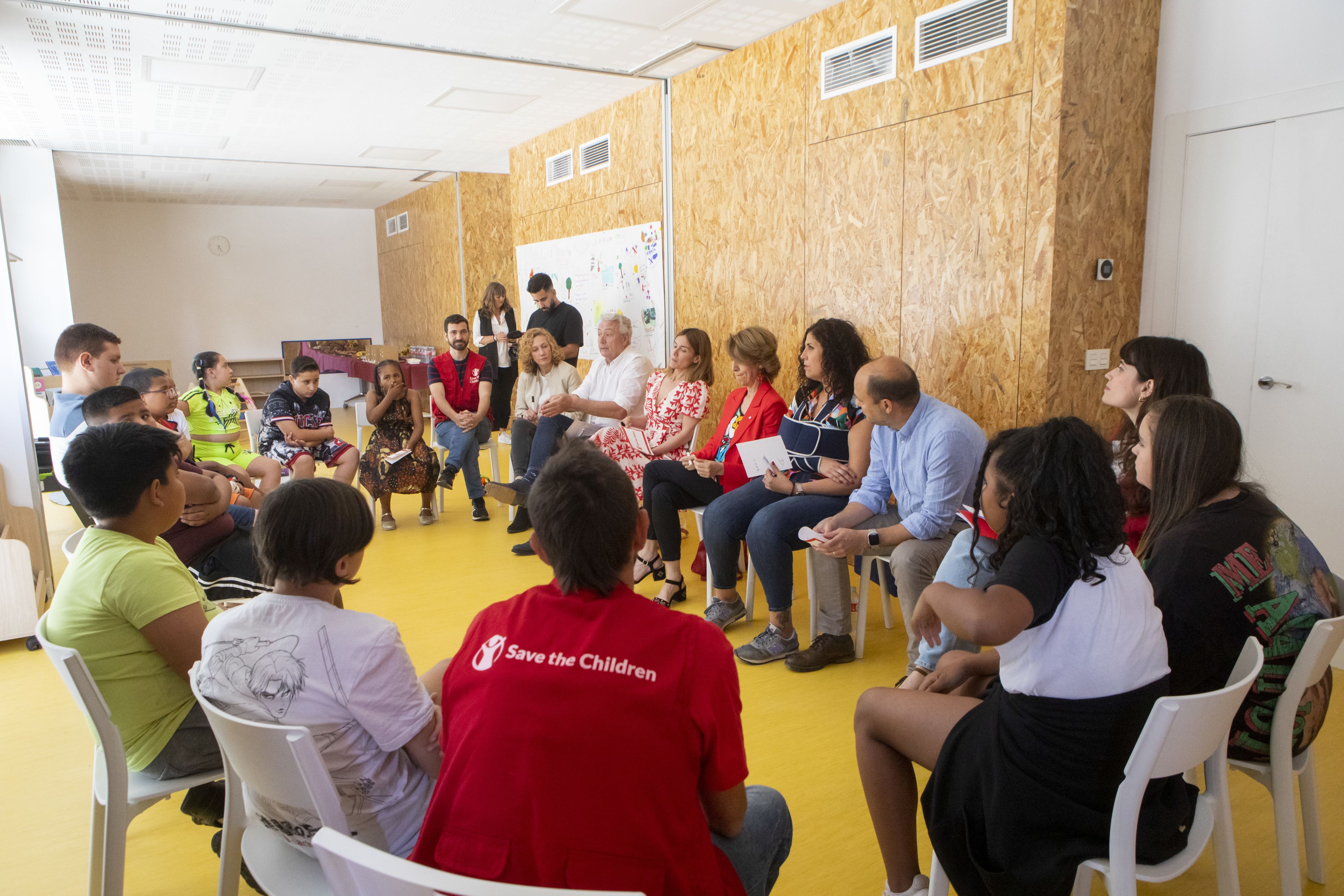
Photo: Save the Children Spain
Photo: Save the Children Spain
SWEDEN
Save the Children Sweden is gathering information and conducting interviews for a report reresenting children’s voices on child poverty. Led by a thematic advisor and child participation advisor, interviews will offer a safe space to gather deep insight. The report will launch in 2024.
We have also taken part in a long-term project on child participation in UN CRC reporting this year, including facilitating meetings between children and decision-makers.
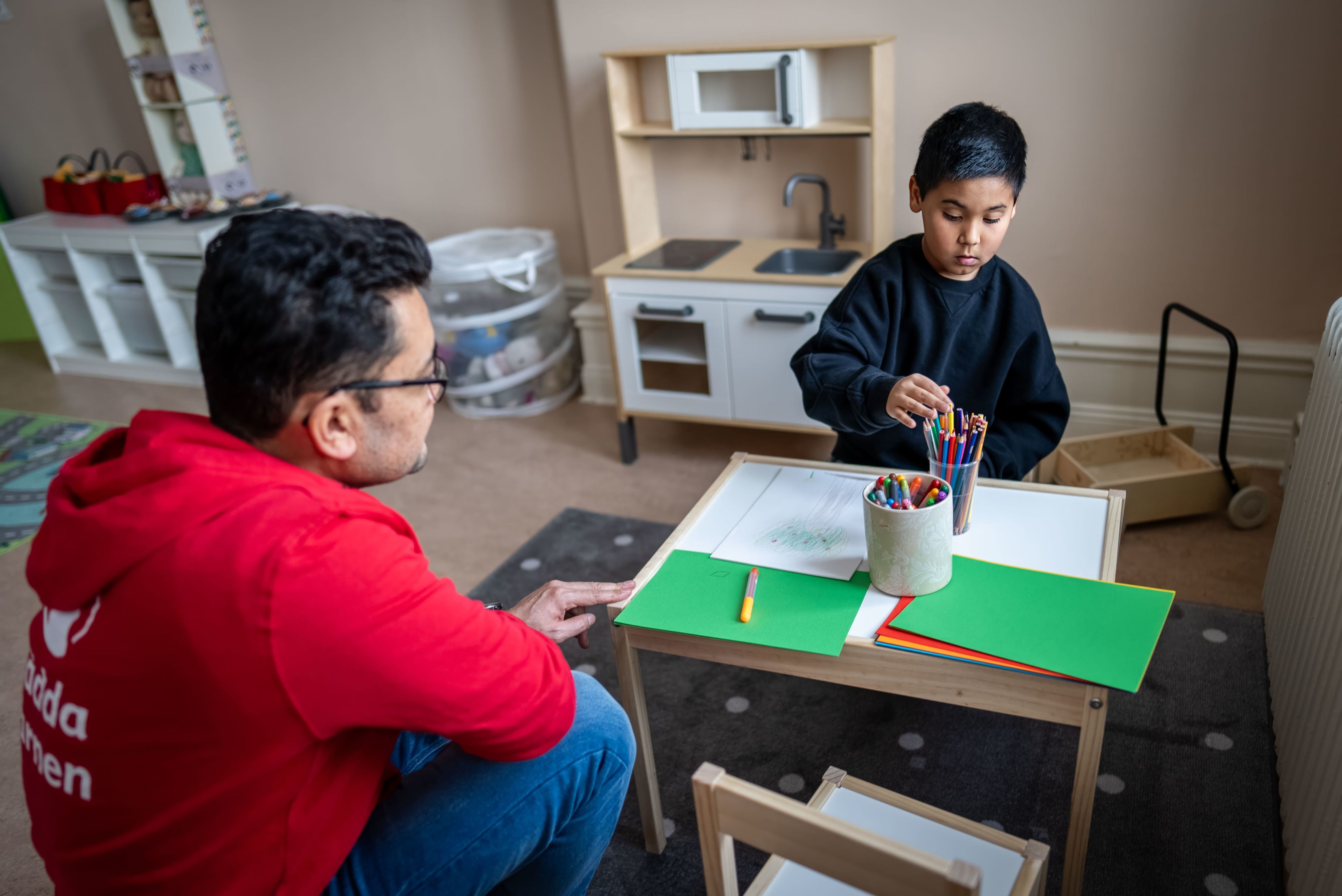
Photo: Save the Children Sweden
Photo: Save the Children Sweden
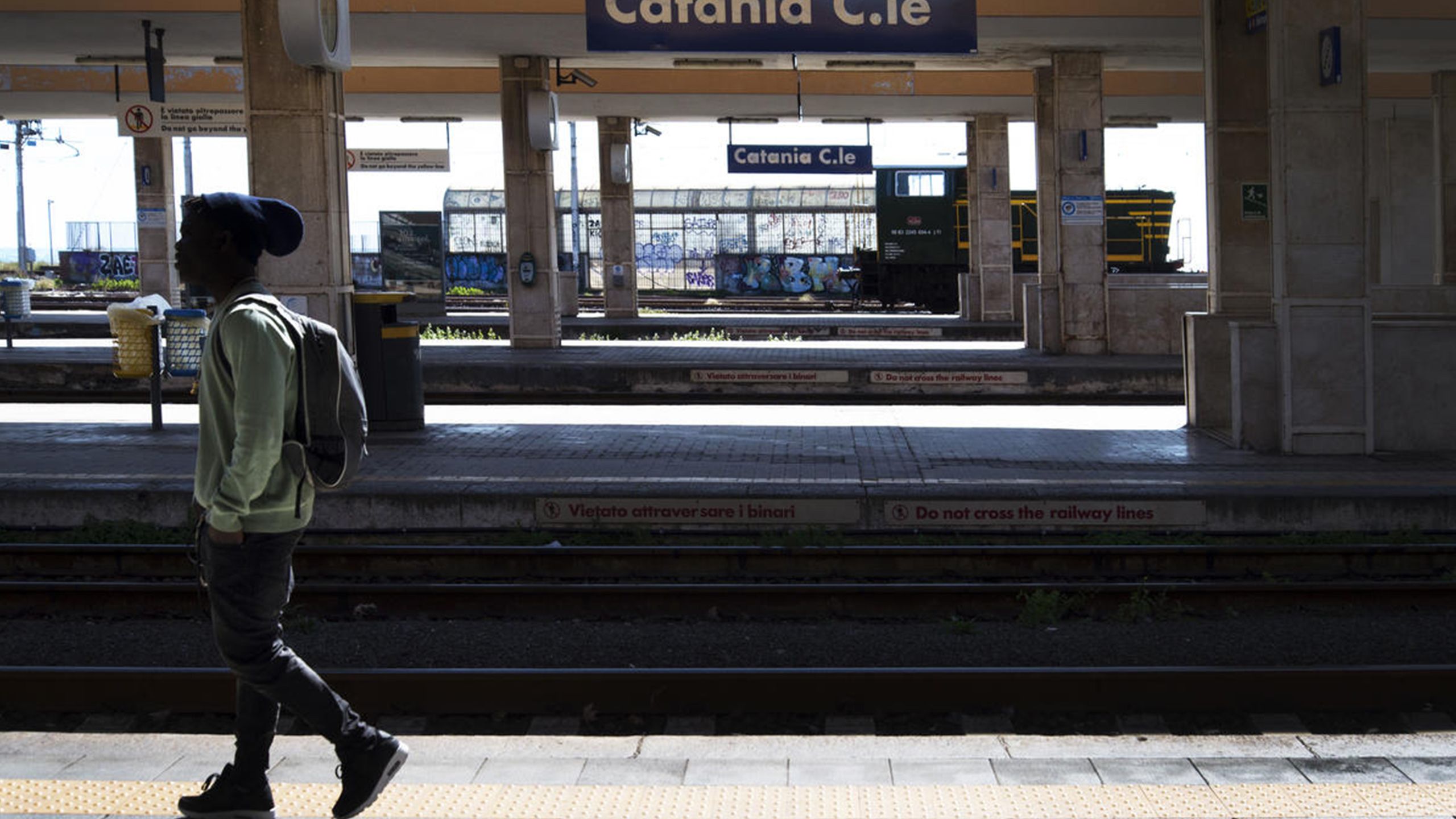
Programming
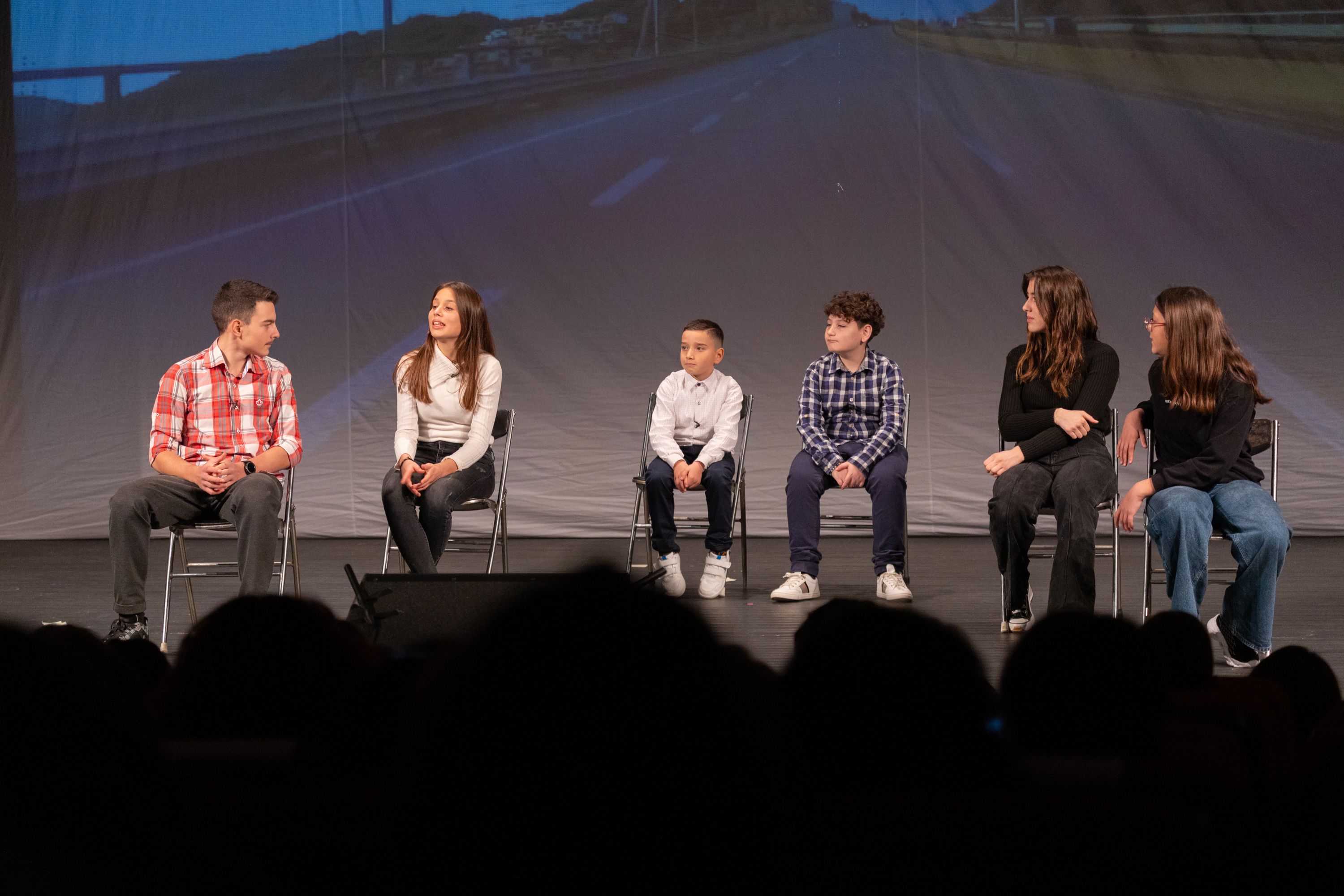
Photo: Save the Children Albania
Photo: Save the Children Albania
Albania
'Voice 16+' is an active child-led group reporting on UN CRC and UP, taking actions on climate change, participating in Parliamentary hearing sessions, collaborating on the Generation Hope Campaign and being members of SCO Child Advisory Group.
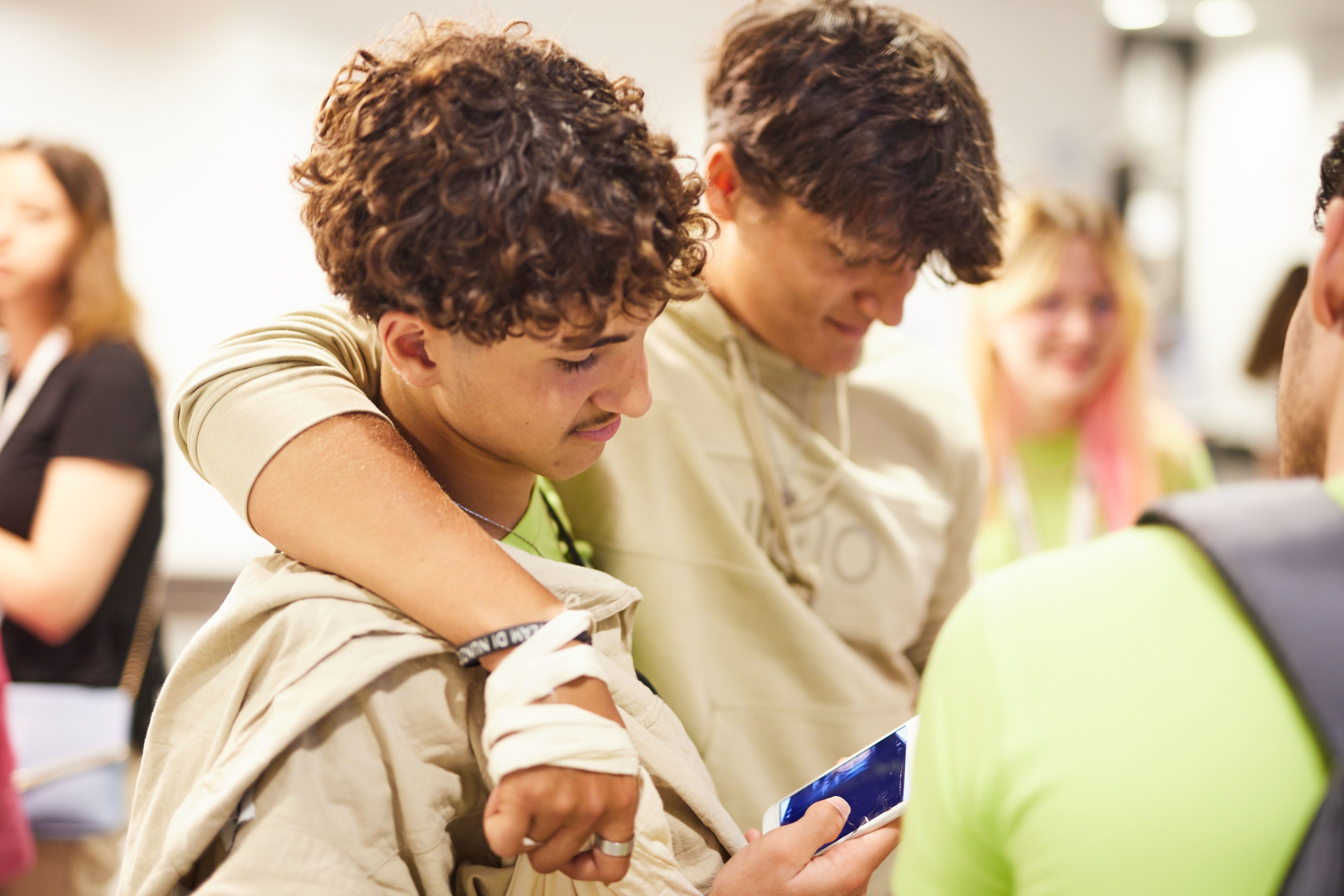
Photo: Save the Children Denmark
Photo: Save the Children Denmark
Denmark
Save the Children Denmark is supporting the 'EU Children's Participation Platform', managed by the Department for Justice, and is engaging with 50 Ambassador Schools on child participation activities.
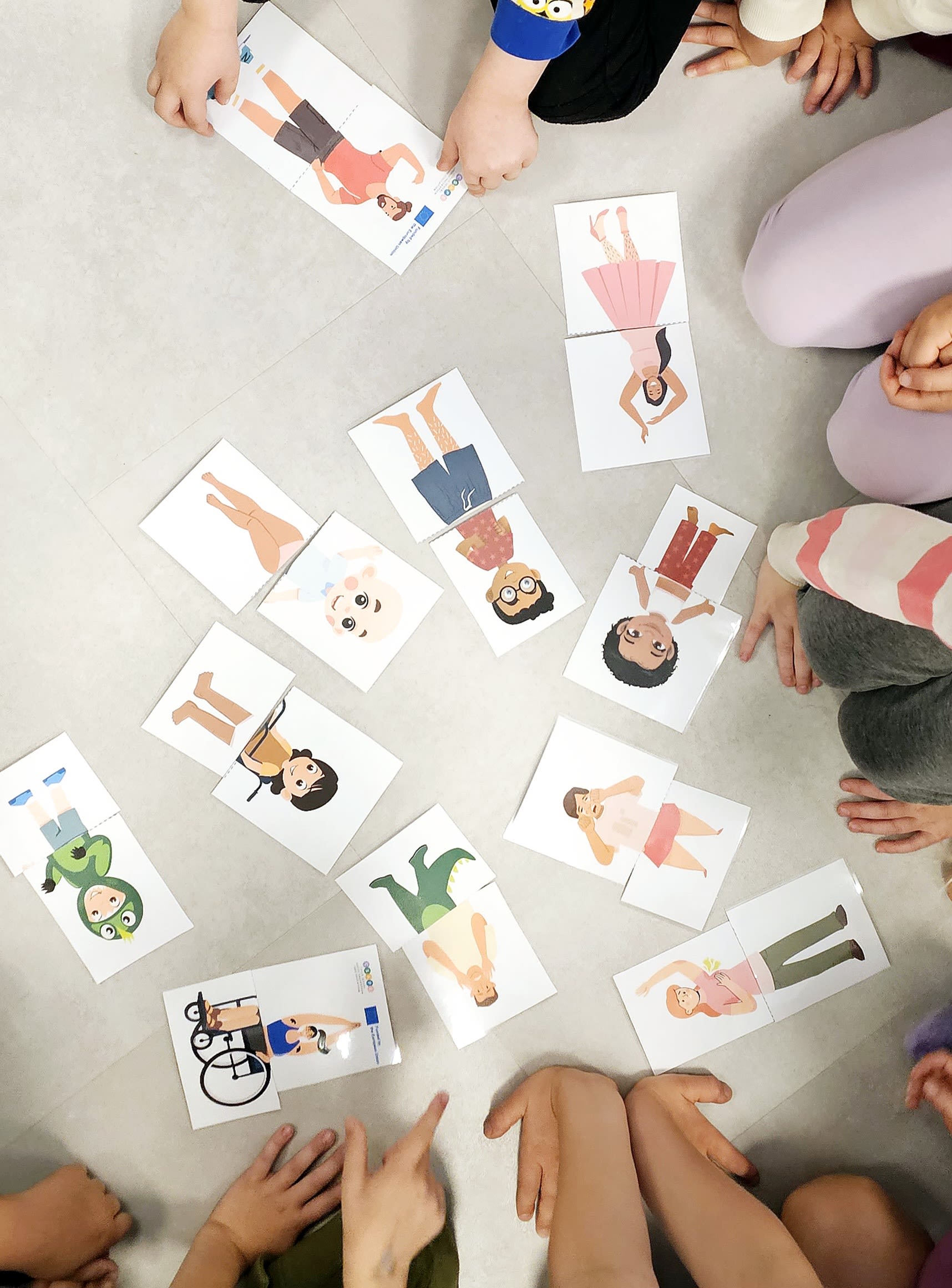
Photo: Save the Children Finland
Photo: Save the Children Finland
Finland
‘Learning from Children’ is a project where a child-centered participatory design process is used to develop services. Save the Children Finland has a practical approach to child participation mechanisms and tries to engage with children of all ages, including 3–12-year-olds. We focus on everyday, habitual participatory design processes.
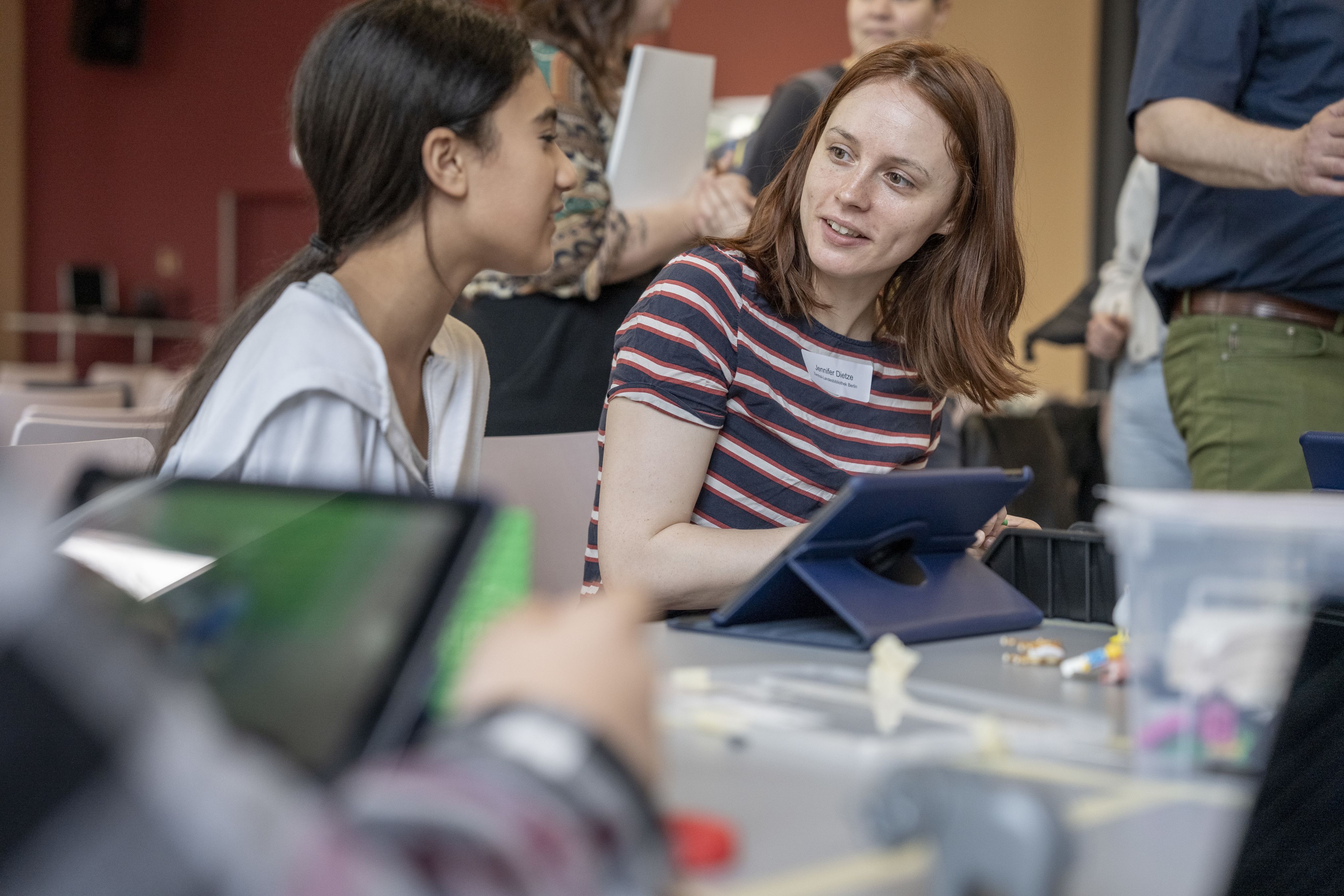
Photo: Save the Children Germany
Photo: Save the Children Germany
Germany
As with most Save the Children members and offices, child participation is considered cross-thematic area in Germany, running through most areas of work.
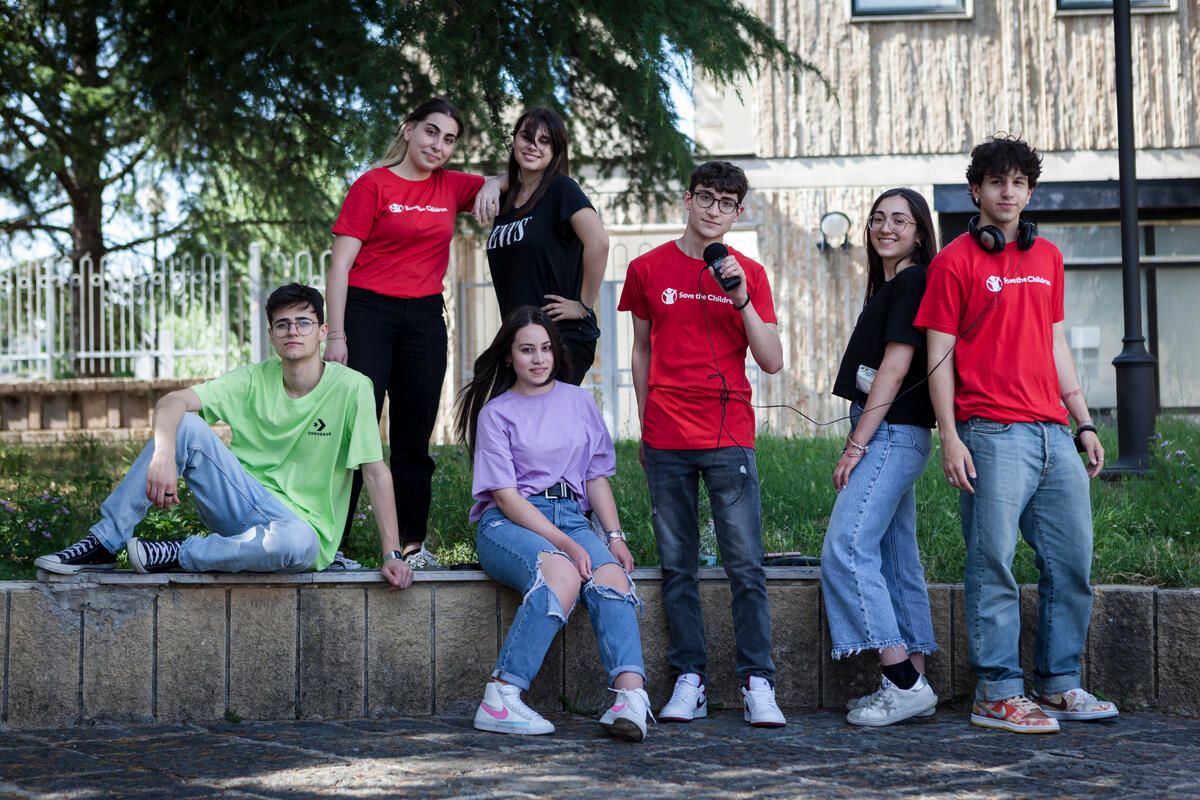
Photo: Save the Children Italy
Photo: Save the Children Italy
Italy
Child participation activties include: ‘The Youth Movement of Save the Children’, ‘UndeRadio onlife’, ‘Change the Future’ and the 'EU Children’s Participation Platform'.
Since 2016, Save the Children Italy has promoted the 'Youth Movement of Save the Children', a youth network founded to give meaningful participation to young people living in the most marginalised areas of Italy, supporting them to be change-makers in their own lives and environments.
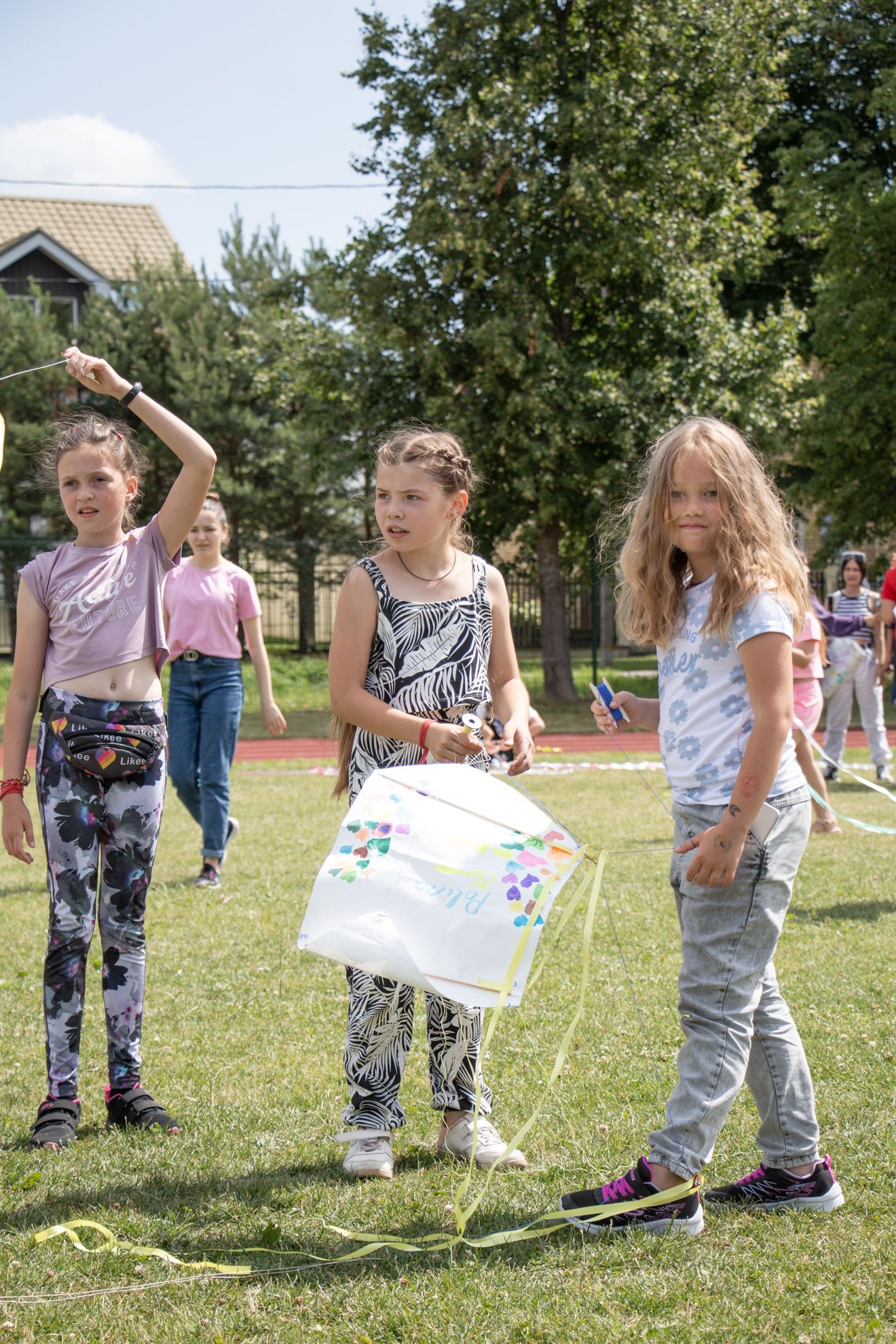
Photo: Save the Children Lithuania
Photo: Save the Children Lithuania
Lithuania
Child participation projects include: ‘Solidarity Run’ and ‘The EU Children's Participation Platform’.
'Solidarity Run' has been going since 2014, developing the social responsibility of Lithuanian children in schools every year.

Photo: Save the Children Netherlands
Photo: Save the Children Netherlands
The Netherlands
Child participation activity includes work around national elections, ‘Youth ambassadors’ and ‘Speaking Minds’ projects, and the 'EU Children's Participation Platform'.
'Speaking Minds' helps young people contribute to policies affecting their personal, social, and emotional development. The method was developed together with young people from practical, pro-vocational and secondary vocational education. Young people learn how policy is created, how they can influence it and how this benefits them. This participation increases self-confidence and self-esteem, and the connection between the municipality and local authorities is made stronger, resulting in more effective youth policy.
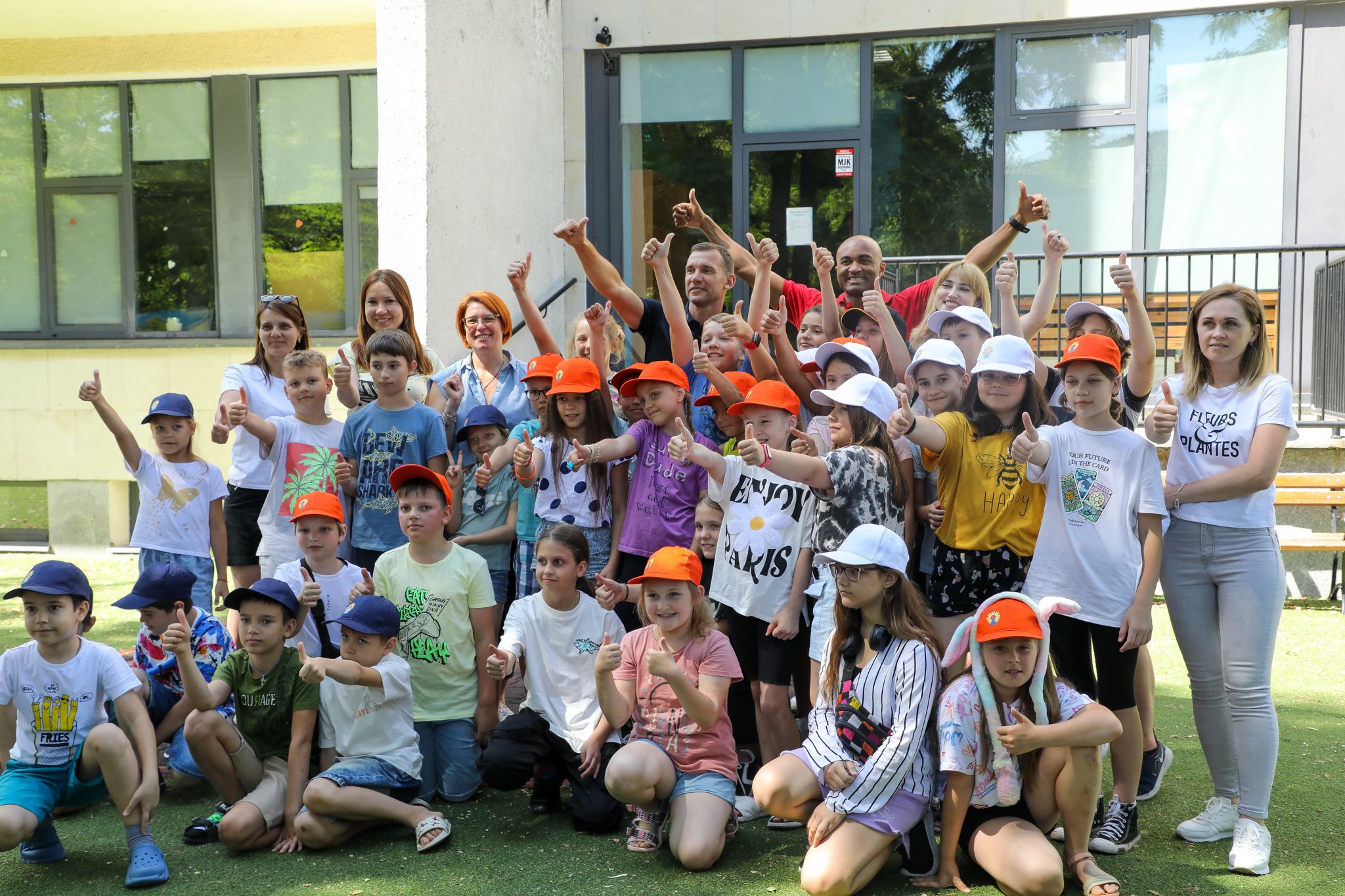
Photo: Kristiana Marton / Save the Children Poland
Photo: Kristiana Marton / Save the Children Poland
Poland
Save the Children Poland’s ‘Participatory storytelling for children affected by displacement’ aims to strengthen the resilience of children at border points and in collective living centres through self-expression. Activities include participatory workshops to develop stories and the creation of storybooks to help children develop a positive sense of identity.
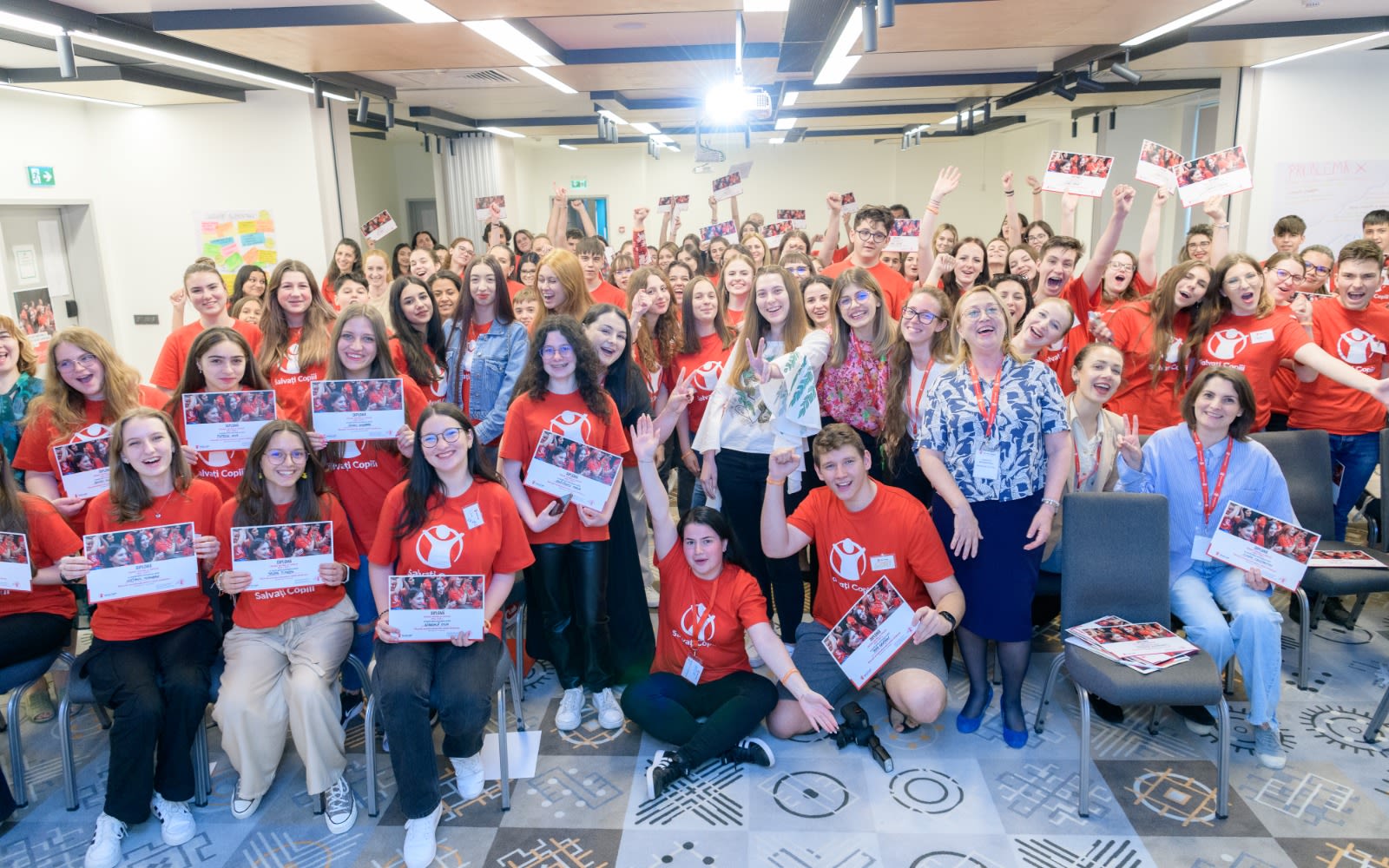
Photo: Save the Children Romania
Photo: Save the Children Romania
Romania
Child participation activities and projects include: ‘The National Children’s Forum’, ‘We also have rights’, and the 'EU Children's Participation Platform.'
'The National Children’s Forum' is an annual, national level event. Participants are delegated by Save the Children branches, in consultation with local volunteers. A theme is chosen each year in consultation with children and reflect their priorities.
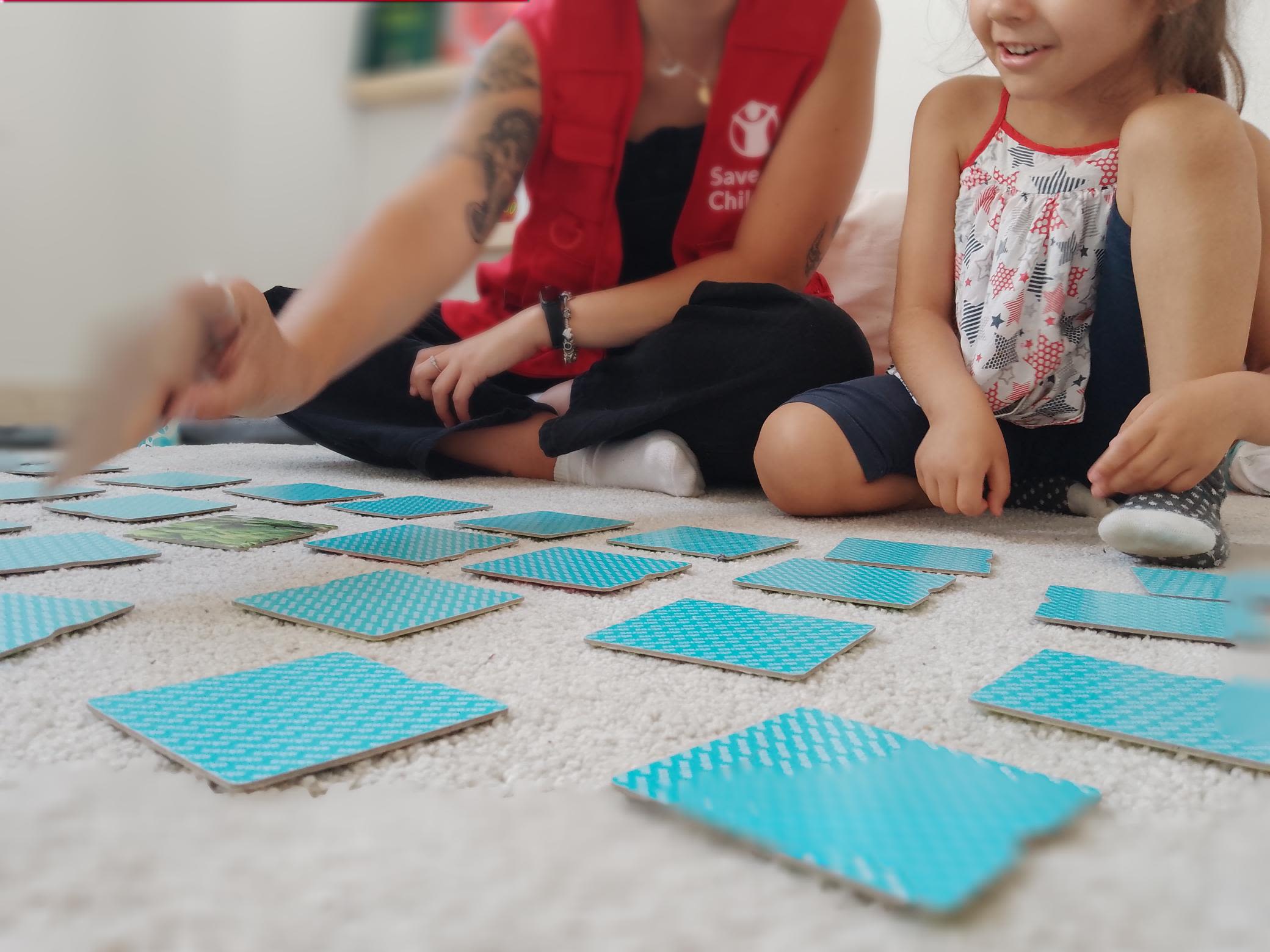
Photo: Save the Children Spain
Photo: Save the Children Spain
Spain
Child participation activities include: 15 participation groups with 7–17 years old children, and the 'EU Child Participation Platform'.
The child participation groups, started in 2020, operate on an agenda set by the children and meet based on a road map of social change actions covering the climate crisis, gender norms, racism, bullying and violence. Children implement at least one social change action, defending a right from the UN CRC and involving at least one community member. The groups are facilitated by educators hired by Save the children Spain, meet on Save the Children premises or in schools or community centres and involve children who have been supported through the Fight against Poverty programme.
